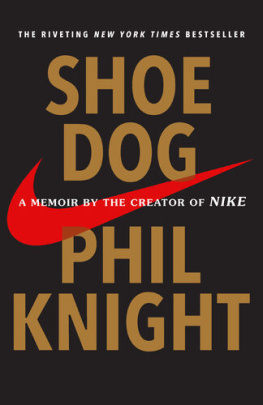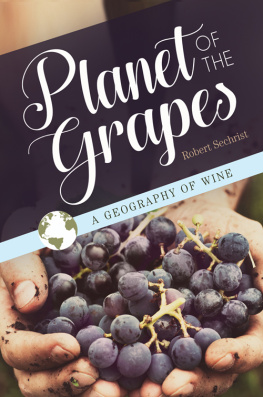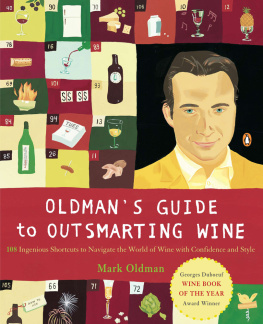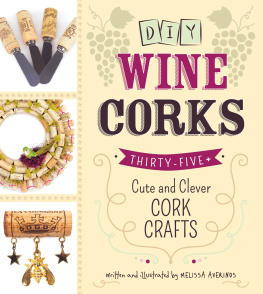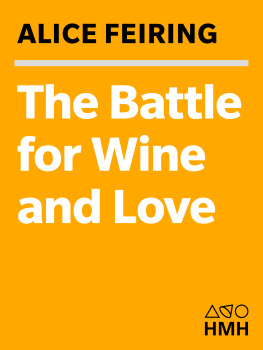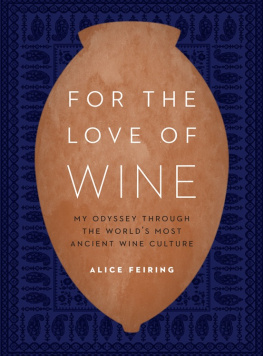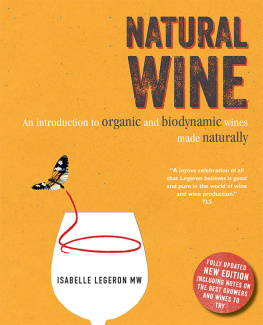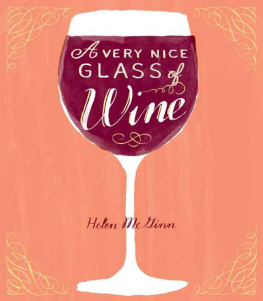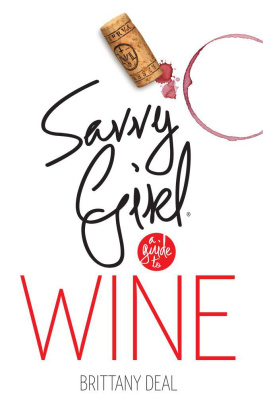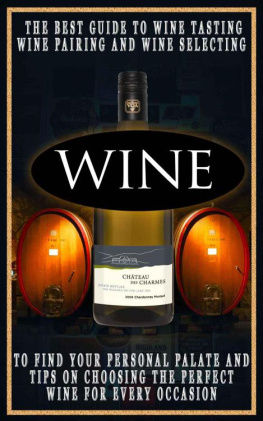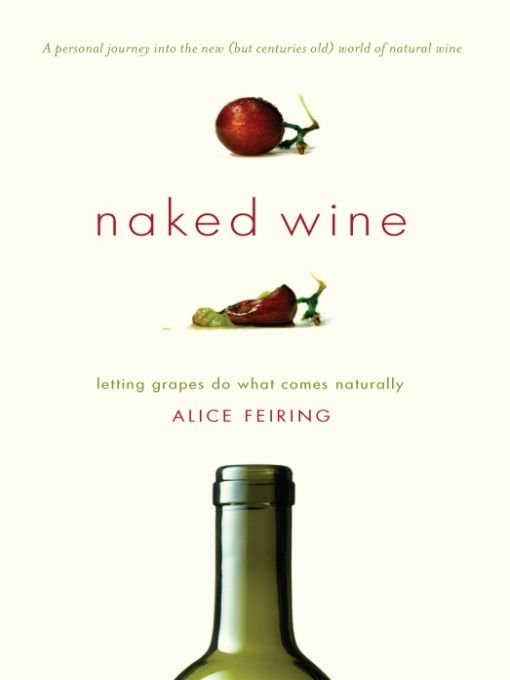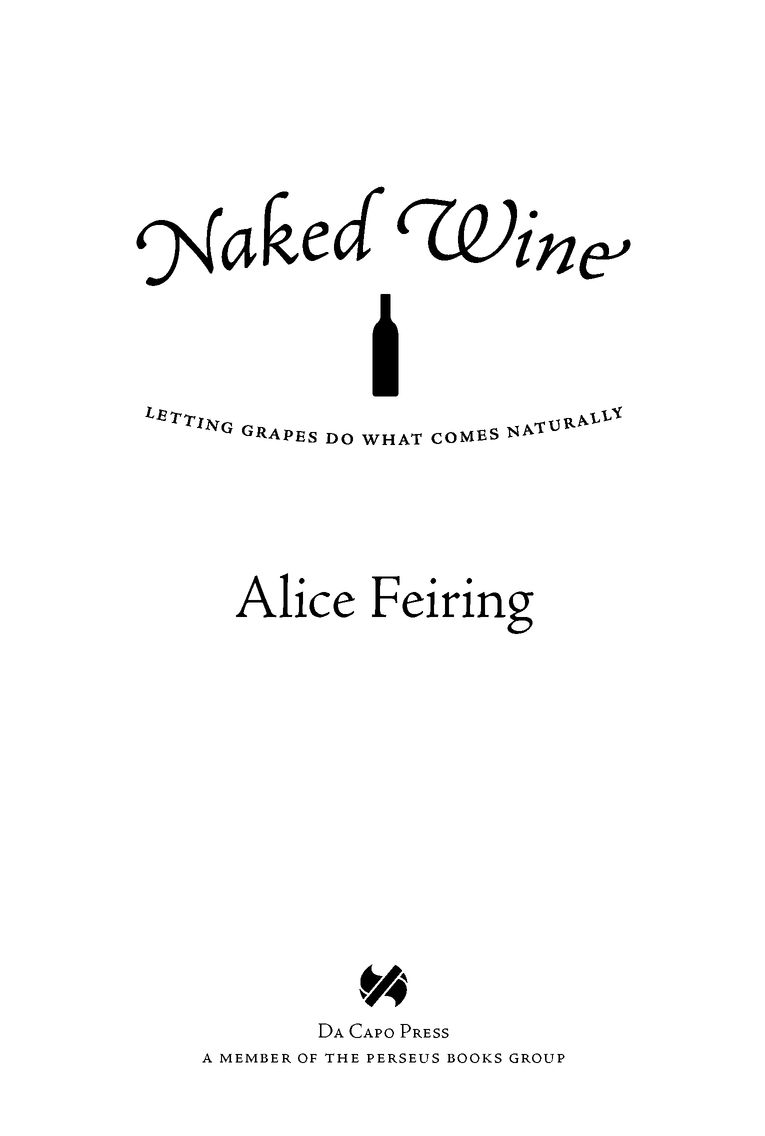Table of Contents
FOR
David Lett and Marcel Lapierre
The mysteries of faith are degraded if they are made into an object of affirmation and negation, when in reality they should be an object of contemplation.
SIMONE WEIL
Prologue
When it comes to wine, I can be polarizing. I dont mean to be; I just have unnaturally strong opinions. Take, for example, the supposedly provocative notion, Why add anything to wine that isnt necessary? Though barely five feet tall, nearly one hundred pounds, that query, out of my lips, can spark forest fires of controversy, inciting far larger people to do battle with me. Yet having resigned myself to this sad state of affairs, I persist, because as Eleanor Roosevelt said, Do what you feel in your heart to be right, youll be criticized for it anyway.
So when I glanced at my phones caller ID, saw Oregon, and heard the gentleman introduce himself as Jason Lett, my first reaction was pleasure. I liked Jason, an intense man who was the son of David Lett, the founder of Oregons edgy Eyrie Vineyard. If you handed Jason a banjo, he could be Central Castings pick for the young Pete Seeger. But my second reaction was, Oh no! Did I do something wrong? Did I say something careless about Eyrie on my blog? Did I somehow screw something up?
Whats up? I asked cautiously. Thats when he propositioned me.
I was talking to Dad. We think its time you made your own wine. Come here. Make it exactly like you want itall natural, nothing added, nothing taken away. Go hardcore on us. Use all the stems, no sulfur, anything!
The Letts share many of the wine values that often get me into trouble when I shoot my mouth off about them. The elder Lett was the pioneer who, in the mid-1960s planted the first Pinot Noir in the Willamette Valley and the first Pinot Gris in America. While not whole hog into the natural-wine thing the way I am, the Letts cut close to it. On their fifty acres in the Red Hills district, they farm without insecticides or pesticides. They eschew the trendy use of irrigation and opt for dry farming. Instead of an antiseptic, hospital-like environment in their cellar, spongy black mold grows on the walls. They pay no attention to point-giving criticswho, in turn, pay little attention to them. The Letts are my kind of wine guys.
Jason proposed giving me a half ton of grapes to play with. He vowed to leave me and my fruit alone until the first fermentationthe one that converts sugar into alcoholwas completed. At that point, I was free to return home, leaving the Letts to take care of what the French call levage, holding the wine while it matured and stabilized prior to bottling. They would own the wine. I could buy some, if I wished.
While I recognized this as a rare opportunity, the truth was that I never wanted to make wine. A few years back, I interviewed a California banker for a story. He posed the question Doesnt everyone who loves wine eventually want to make it?
My answer was no.
But I had to admit that Jasons offer was tempting. With the gauntlet thrown, my competitive side awoke. In no time at all, however, that competitive side disappeared and was replaced by a vision of me as a victim. There sat Alice, trapped in a room, while Rumpelstiltskin waited for her to turn straw into gold. If she failed, hed swipe her first born.
If I run into trouble, I asked, like stuck fermentation, or if I need help getting it into the barrel, youll be there to help me, right?
Jason laughed. Well be in the middle of crush ourselves. You think wed have time?
I gulped. My nightmare of being locked in a room until my impossible task was completed was close to the truth.
Like a flounder in a pail, I flip-flopped with indecision. Yes? No? What to do? Oh, how to torture Alice. The specter of failure was terrifying. Sure, I didnt want to waste prime Willamette Valley fruit, but what if making wine according to my principles proved to be beyond my reach? I had been so vocal about my belief and love for wines made without any additives, what if I failed? Would the public accept my excuse that I was a writer and not a winemaker and be forgiving? My grandfathers wine turned to vinegar; so could mine. Conversely, after I stomped, the fruit could stubbornly refuse to ferment or, alternatively, might never stop fermenting. If that happened, I could be stuck in the Willamette Valley for years.
I believed that making wine without additives or industrial enological heroics was absolutely a grapes given right, but what if? ... What if? ... What if I had based my writing reputation on a method of winemaking more difficult than I thought it would be? I began to think that making wine in my bathtub, while not authentic, would be saner. I wasnt a complete idiot. I had plenty of vinification book knowledge. But on a practical level, I was stumped when I tried to figure out the mechanics of transferring wine from a fermentation tank to a barrel. I had no idea how I was going to press the juice from the skins. When Jason suggested I squeeze out the wine through cheesecloth, I thought he was kidding.
A month later, I had other opportunities on my mind and Jasons phone call had receded into the shadows.
CHAPTER 1
Fate or Folly
Levin finished his glass and they were silent for a while.
LEO TOLSTOY
During the summer of 2008, in the midst of a book tour, found myself driving around California in a rental car. One of my last stops was in the Sonoma town of Healdsburg. So far, the readings and interviews had been fun, but as Healdsburg is packed with wine industry folk, I sensed that I was in for something different. I had been warned that as a mostly Frenchwine-drinking New Yorker, I would have to defend my recent editorial for the Los Angeles Times, which my editor had titled California Wine? Down the Drain, especially to a hall full of wine professionals. Todays wines are overblown, over-oaked, overpriced and over-manipulated were some of my stated, perhaps radical and unpopular, thoughts on the states wine, which I firmly believed had lost its identity since 1990. Expecting the worst, I mused that instead of a thin summer frock, I should have worn a flak jacket.
After a scorcher of a day, the cool air had started to blow in relief from the ocean, twenty miles away, and I began getting a little buzzed about standing up in front of an audience. As someone who spends most of her days in an introverted state, fixated on a computer screen, I do enjoy the adrenalin that can kick in when I give a reading or a talk. That surge often makes me feel smarter and faster than I ordinarily think of myself. So, feeling in top form, I strolled into the library and waited on the sidelines of the stark auditorium to be introduced.
As I watched a mostly grim-faced crowd walk in, I nervously pressed my book into my lap. Who were these folks? I wondered. Wine people? Book people? Friend? Foe? In the rear, I recognized Patrick and his wife, Genevieve, from the blogger circuit. Friendly faces! They waved, and I waved back. Next to them was a serious, dark-haired man wearing a T-shirt emblazoned with Robert Parkers Bitch. He looked more as if he were there for a lynching than a book reading.
After I was introduced, I was met with weak applause and started to fan through the pages, looking for the place to start. As I glanced up, I noticed a late arrival. A lanky man with a long torso and long arms that fell easily from his broad shoulders lumbered in wearing jeans and a plaid, 1950s-style, short-sleeved shirt, like something James Dean might have worn. He had a handsome, weathered farmer face, quite bonyand the kind of altogether lean look that made me want to cook him a good meal.


